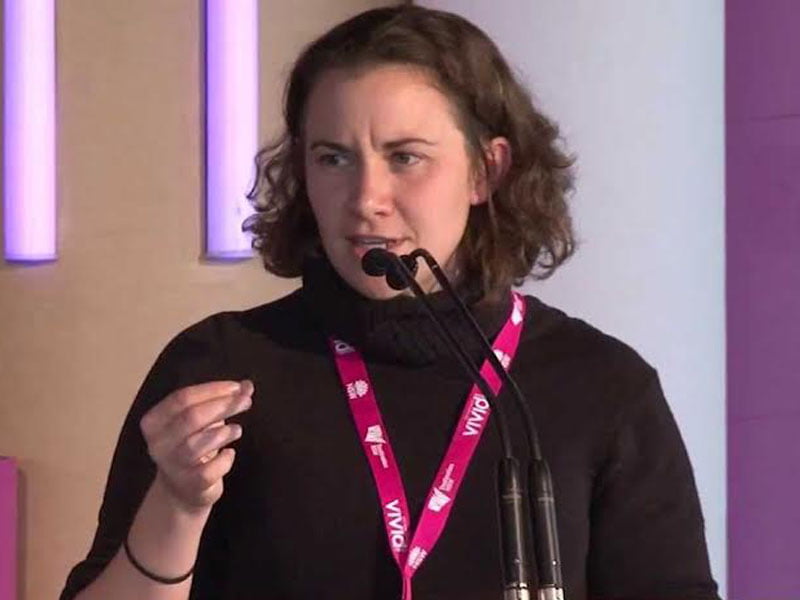Australia’s digital government innovation efforts are still being hampered by a lack of public trust in the wake of a series of high-profile service failures, according to the Commonwealth’s former chief information officer, Glenn Archer.
However, Pia Andrews the newly appointed heir to NSW’ successful digital innovation strategy – and fresh from a similar digital role with the New Zealand government – says she has brought some ideas about how novel approaches could overcome that.

Mr Archer and Ms Andrews were speaking on a panel held at the Civic Nation forum last week, which also included OECD blockchain special advisor Loretta Joseph, and Centre for Independent Studies executive director, Tom Switzer.
Mr Archer said that public satisfaction with commonwealth and state government performance delivering information services and projects was much a higher about a decade ago when the Australian Government Information Management Office (AGIMO) — for which he was CIO for a about a year — was the tip of the spear for this policy delivery at federal level.
At the time, satisfaction was at about 80 per cent.
“Today that figure is around 20 or 40 per cent depending which survey result [you read],” Mr Archer said.
“That’s unfortunate that citizens have lost faith in the ability of government to execute in the digital world. If you can’t the basics right, then what right do you have to come and impose innovation?” he said.
Asked whether governments could disrupt themselves, given they are a monopoly provider, Mr Archer said: “The disruptions have to occur in the policy area and not in the technology area, and we are seeing bugger all change in the policy area”.
Adjacent to that, he said that the Gershon review of government use of ICT – conducted under former Finance minister Lindsay Tanner in the Rudd Government – had led to the placement of an extensive set of checks and balances characteristic that had led to a risk averse approach to technology.
Mr Archer recalled some comments he made a CEDA conference he made in 2013: “We have been incredible in delivering reliable IT, but we have failed miserably in terms of innovation and that was as a direct consequence of (the Gershon review)”.
However, rather than having to trust, NSW citizens will be invited to buy into state policy through better transparency measures, Ms Andrews said.
“People shouldn’t have to trust government. If you are transparent in your algorithms, in your approaches, in your decision making then trust becomes ‘don’t trust me (because I say) I’ll do the right thing’… go and check me, validate me to make sure I’m not screwing it up,” she said.
People could then run those processes over their own data as a check, she explained.
Ms Joseph, as a proponent of the blockchain-based data management technology, noted its historical roots emerging from distrust in centralised information authorities post-GFC, be they government or private.
She said that blockchain and the Bitcoin application of it had proven that innovation was coming to government whether administrations liked it or not, and that they needed to start regulating for it.
Do you know more? Contact James Riley via Email.

